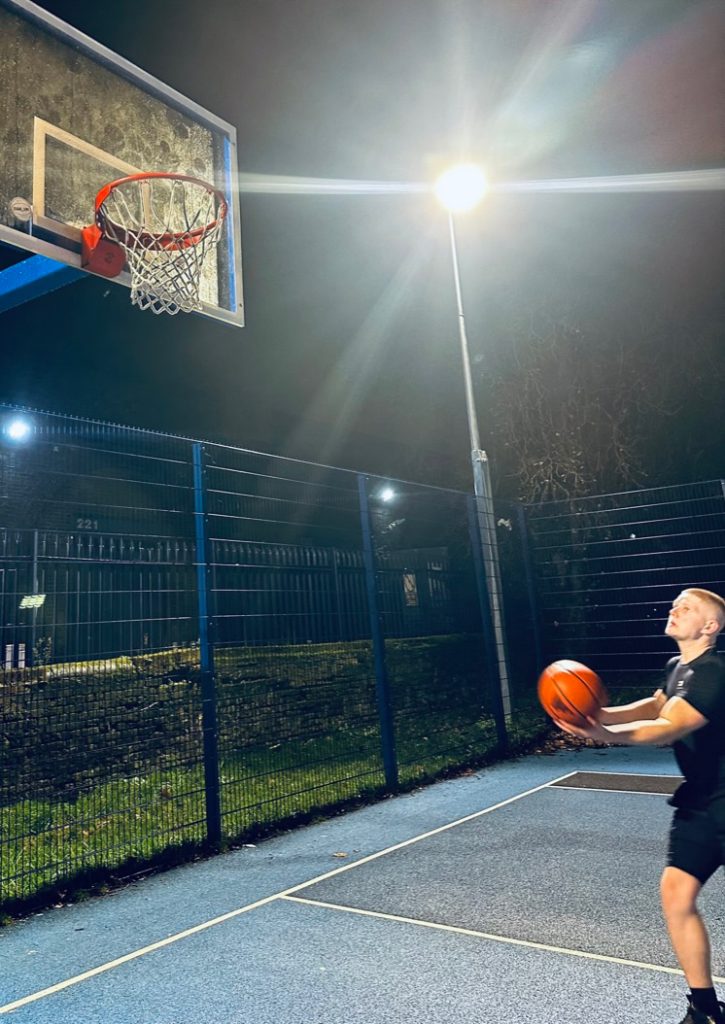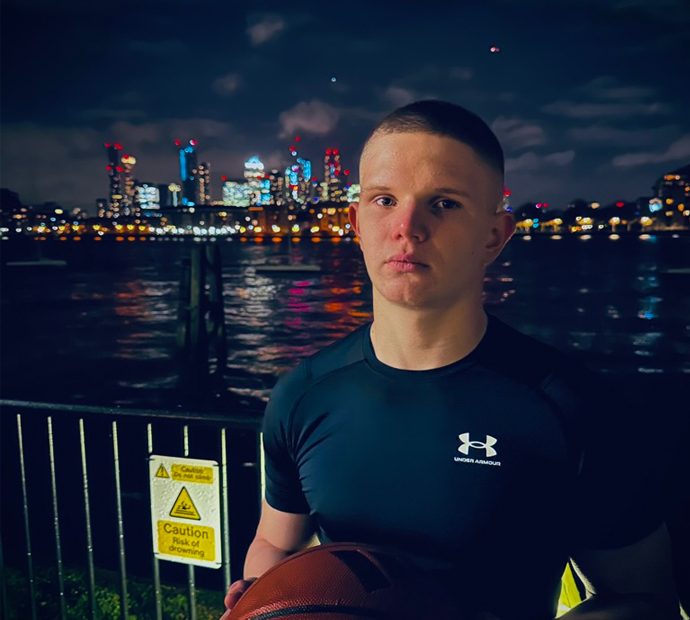IN PARTNERSHIP WITH GATORADE – FUELLING THE CITY, SAVING THE STREETS
MAKING A NAME FOR YOURSELF IN A BIG CITY HAS NEVER BEEN EASY, ESPECIALLY AS AN UNDERDOG. MEET ‘THE YO-YO’, AN UNDERGROUND SUPERSTAR.
MOVING TO LONDON:
After growing up in Tokyo’s inner-city, Masaki ‘The Yo-Yo’ Williams, 19, moved to South London at the age of 12. “Culture shock” was the phrase he used to sum up his first months in the capital.
“Although my parents are British, there was still the generational difference…I found it hard to adjust.”
Being of British descent growing up in Tokyo, Williams also felt like a fish out of water in his earlier years.
From the start, it’s always been Masaki versus whoever stepped in his way. However, sometimes this mentality had its drawbacks. “I lived in defence mode. When you feel out of place, it seems like all eyes are on you.” For him, this led to violence in and out of school and struggling to make relationships with people in such a busy intense environment.
“I think at 15 (years old), that’s when I wanted to change my energy. I was seeing fights and violence in my area. I didn’t want to be a part of that.”
REPAINTING HIS IMAGE:
Moving forward, Masaki wanted to find a passion, he was unhappy with his lifestyle and stated that he was searching for what he called ‘self-fulfilment’.
“If everyone is against me, I could fight back. But then what? I might as well just put that energy into bettering myself. And that… that right there is my fight back.”
At the same time, with crime rates rising in London, the UK Government were planning ways to combat the lack of facilities for youths outside the city centre. That’s when, in ‘The Yo-Yo’s’ local area of Deptford, the ‘Blue-Cage’ basketball courts were opened to the public.
“Those first few months, I must’ve missed so many family events back at home, just from being at the courts, working on my game.”
This was the start of something special.
As more people in the community were made aware of the new facilities, the basketball courts became busier and busier. This gave Masaki the platform to showcase his newfound talent and feel an emotion he’d never felt before: a sense of belonging.Any basketball fans will know that being tall offers a major advantage in the sport. Despite his ability, standing at only 5ft8inches puts Masaki at a deficit and makes him an underdog. But over the years, that’s what the UK basketball community have grown into loving about the Yo-Yo. His fast-paced style of play, mixed with his raw basketball ability has caused the community to nickname him Yo-Yo, because it’s as if he keeps the ball on a string and never loses it.
“I like the name. (laughs) It has a nice ring to it. It’s nice to get that type of love from people… that type of appreciation, especially in an environment where it’s so easy for people to be jealous considering that everybody wants to be the best.”
Masaki is a clear fan of the direction the community is moving in. “I have been feeling more united with the people here now. That really shows the power of sport. London is such a multicultural place and has so much potential. This potential is fulfilled when everyone is accepting of each other and supporting each other.”
It is no doubt that basketball has provided Masaki with not only a safe haven where he can express himself, but also a purpose, he now has a direct goal to pursue, and it is more simple than you’d think.



MASAKI’S LIFE NOW:
Masaki Williams, despite being only 19 years old is already giving back to the community that gave so much to him. As a freelance basketball coach who offers 1 to 1 sessions to people of all abilities, The Yo-Yo is giving his knowledge to others and with a reputable name like his in British street basketball, you have to admire his generosity.
“My parents always intended on raising me to be a leader. That’s why they gave me this name. It means leader in Japanese culture. I’ve experienced being admired by people and it’s really cool, but I feel like actually seeing people progress as a direct result of me… that is the most rewarding feeling.”
When asked if there were any regrets that the 19-year-old had on his journey, Masaki confidently nodded and explained, “I’ve learned from my younger years, giving people the time of day, although sometimes it may be risky, there is plenty more to people than meets the eye. On most occasions, never judge a person before hearing their perspective.”
Most of his life lessons have come from the struggle of feeling out of place for so much of his life, but this struggle has brought out the best from him and goes to show that the best thing to do in a bad situation is reflect and find how it could have been made positive. Or to put it succinctly, as Masaki’s favourite saying goes: ‘You either win or you learn.’
But if you were thinking the Yo-Yo isn’t still playing his heart out on the courts, you’re wrong. He still attracts spectators when he hits the court and more often than not, there is only one outcome. The superstar of the streets retains his name and its unlikely anybody in London will ever take his name.
Masaki’s story is an inspirational one and although it’s hard to find somebody quite like him, with his background, there are lessons that anybody can take from his story. Sport has always been known to bring people together, but its impact on individual people and the stories it creates are sometimes suppressed and not celebrated as much as they should be. The City of London has created this environment in which youths, who may have struggled before, can now thrive and although it still isn’t perfect, they have made big steps.
So, here’s to everybody in the City of London trying to make positive change to the community.
And here’s to Masaki. The Yo-Yo will remain an icon in the streets for generations to come.
